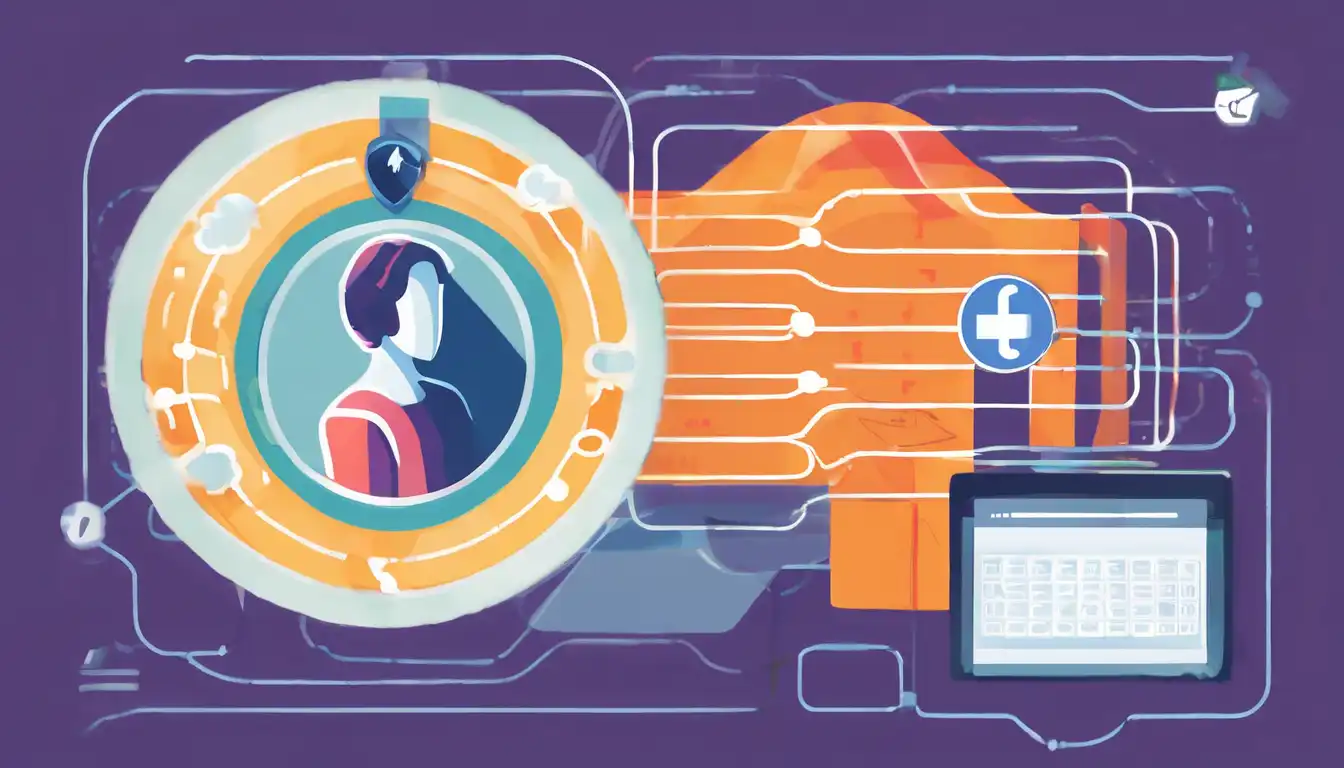Why VPNs Are Crucial for Online Privacy
In today's digital age, protecting your online privacy has never been more important. With cyber threats on the rise, a Virtual Private Network (VPN) serves as a critical tool in safeguarding your internet connection. This guide will explore the ins and outs of VPNs and how they contribute to your online privacy.
What Is a VPN?
A VPN is a service that encrypts your internet connection and hides your IP address, making your online actions virtually untraceable. This not only secures your data from hackers but also protects your privacy from prying eyes.
How Does a VPN Protect Your Privacy?
By routing your connection through a secure server, a VPN masks your real IP address, making it appear as though you're accessing the internet from a different location. This is particularly useful for avoiding surveillance, bypassing geo-restrictions, and securing your data on public Wi-Fi networks.
Choosing the Right VPN for Your Needs
Not all VPNs are created equal. When selecting a VPN, consider factors such as encryption standards, server locations, and privacy policies. Here are some key features to look for:
- Strong Encryption: Look for VPNs that offer AES-256 encryption, the gold standard in data security.
- No-Log Policy: Ensure the VPN provider does not keep logs of your online activities.
- Server Variety: A wide range of server locations allows for better speed and access to geo-blocked content.
The Role of VPNs in Internet Freedom
VPNs play a pivotal role in promoting internet freedom by allowing users to bypass censorship and access a free and open internet. Whether you're a journalist in a restrictive country or a traveler wanting to watch your favorite shows, a VPN can provide the access you need.
Common Misconceptions About VPNs
Despite their benefits, there are several misconceptions about VPNs. Some believe they're only for tech-savvy individuals or that they slow down your internet connection significantly. However, modern VPNs are user-friendly and optimized for speed, making them accessible to everyone.
VPNs and Online Security: Beyond Privacy
Beyond privacy, VPNs enhance your online security by protecting against malware and phishing attacks. By encrypting your connection, VPNs make it harder for attackers to intercept your data or inject malicious software.
Final Thoughts on VPNs and Online Privacy
In conclusion, a VPN is an indispensable tool for anyone looking to protect their online privacy and security. With the right VPN, you can enjoy a safer and more open internet experience. Remember, in the digital world, your privacy is in your hands.
For more insights on enhancing your online security, check out our guide on Internet Security Tips.
